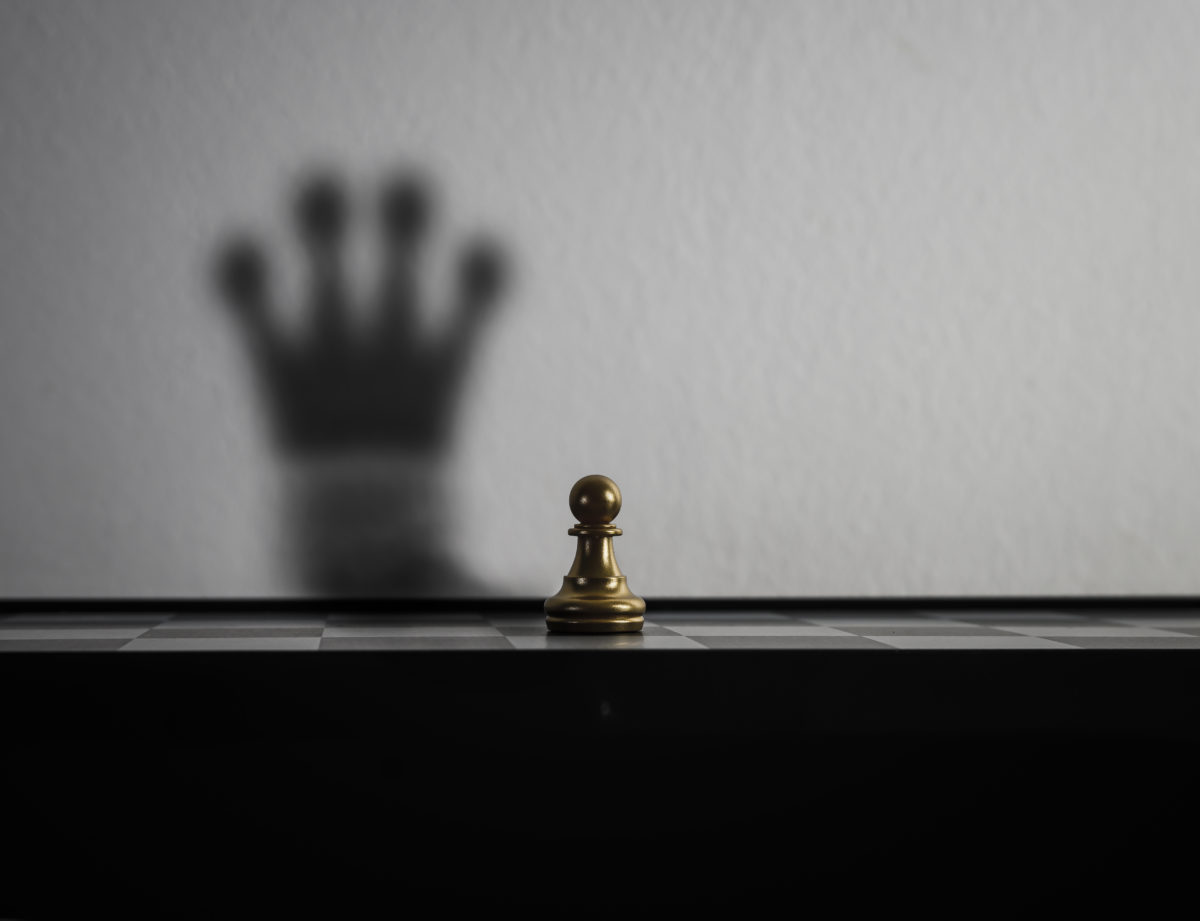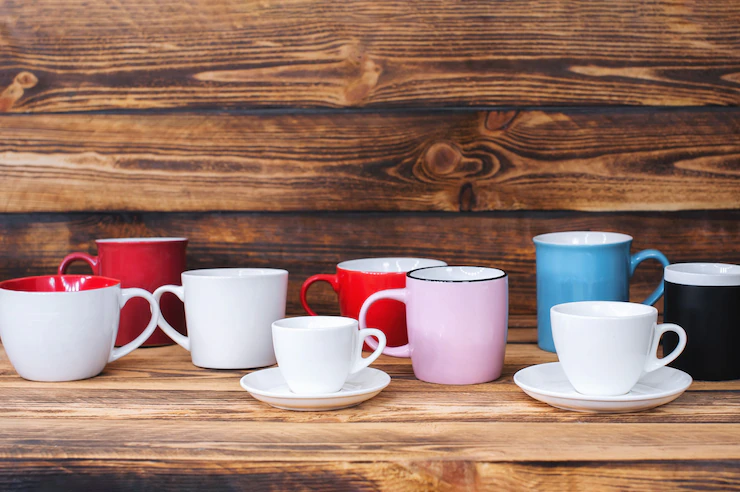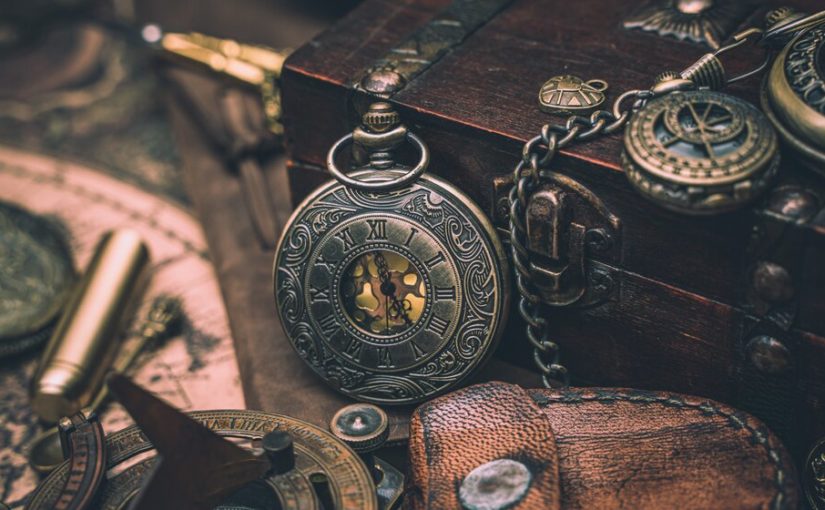This week, I found a quote from Moliere in my desk calendar: „Things are only worth what you make of them.“
In parallel, my son has been learning about the Incas and the Spanish conquistador.
Historical background Destruction of the Inca Empire:
The monk Victor Valverde beginning the 16th century held a cross in his left hand and a Bible in his right. He approached Atahualpa, the king of the Incas, and asked him to submit. He explained that he wanted to proclaim the one true faith to him and all his „pagan“ people. Atahualpa also learnt from this monk about the Pope in faraway Rome, as God on earth. This pope, Valverde continued, had granted the Spanish king the right to rule the Americas and the peoples who inhabited them. Atahualpa rejected this and wished to remain in his faith.
The Bible given by Valverde. As the Incas found it incomprehensible and useless, Atahualpa angrily threw the Holy Scriptures of the Europeans at the monk’s feet. The Spaniards had achieved what they had set out to do. Valverde signalled the attack by saying: „Kill the heathen dogs, these godless Indians!“
The end of the Incas came only because of a different perspective of the worth of a book. Of neutrally observed, the Bible is a bunch of written papers, in this case put together around with leather. For the Spanish it was a holy sacrament, but for the Incas it was just paper of one, who wanted to under-rule them.
It’s like a loved teddy bear. To the owner it may be the most precious thing in the world, but to an outsider it’s just cloth and wool.
Value is only a matter of perspective, so we should be open to the perspectives of others.
What do you think?


